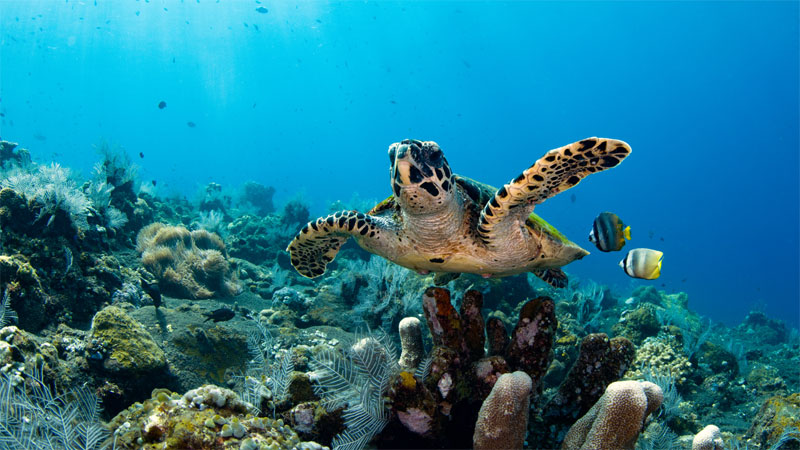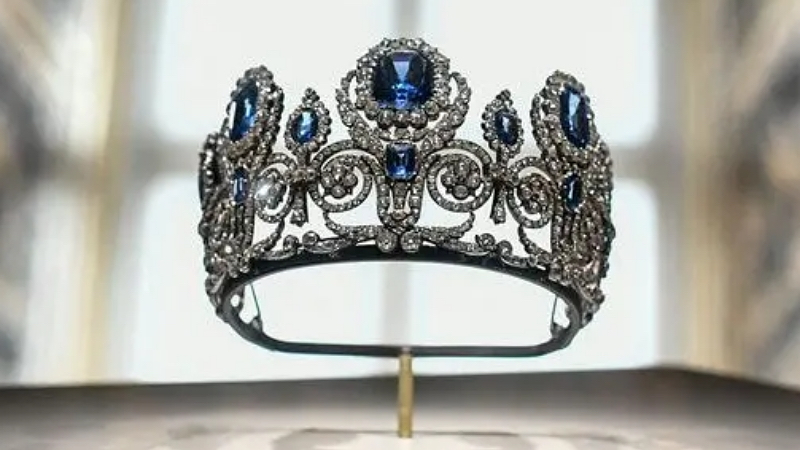|
Australia’s government is providing greater protection to the Great Barrier Reef, announcing a AU$160m package to phase out commercial gill net fishing by 2027

Tom Anstey | Planet Attractions | 06 Jun 2023

 Gill net fishing will be phased out with the majority of nets to be removed by the end of the year Credit: Canva Gill net fishing will be phased out with the majority of nets to be removed by the end of the year Credit: Canva
The Australian and Queensland governments have introduced a AU$160m (US$106.3m, €99.6m, £85.8m) financial package to phase out commercial gill net fishing that damages the World Heritage site of the Great Barrier Reef.
The largest coral reef system in the world, the Great Barrier Reef was named a Unesco World Heritage Site in 1981 and is at risk thanks to a number of factors, global warming and net fishing among them.
The environment minister, Tanya Plibersek, has announced the plans, which hope to significantly reduce net fishing and high-risk fishing on the reef that injure and kill threatened dugongs, turtles, dolphins and protected shark species. As part of the package, hammerhead sharks will also be proclaimed a commercial fishery “no-take” species.
Part of the funding will be used to buy out gillnet licences, with the majority of gillnets to be removed by the end of 2023, with a total ban by mid-2027.
“This announcement is shaping up as a globally significant moment for ocean conservation, fisheries management and the Great Barrier Reef - one of the natural wonders of the world,” said Dermot O’Gorman, CEO of WWF-Australia.
“WWF effectively created a 100,000sq km (38,600sq mi) safe haven for marine wildlife in the northern Great Barrier Reef by buying the last remaining commercial gill net licence in 2022. So we’re also celebrating the commitment to enshrine protection of this area.
“This will provide the permanent protection from gill nets that our marine species need.”
In addition to net fishing, mass coral bleaching has become a significant issue in recent years, with three such instances in 2016, 2017 and most recently in 2020. Since then, however, the reef's northern and central parts have the highest amount of coral cover since monitoring began 36 years ago. Coral cover in the southern part of the reef has decreased though.
Unesco recommended a declaration of World Heritage in danger for the Great Barrier Reef in 2021, but Australia successfully lobbied against it. The next in-danger meeting will take place in September, where the natural attraction will again be considered for listing.
Heritage
|
|






Supplier Showcase 2025: The biggest attractions projects landing worldwide this year
|